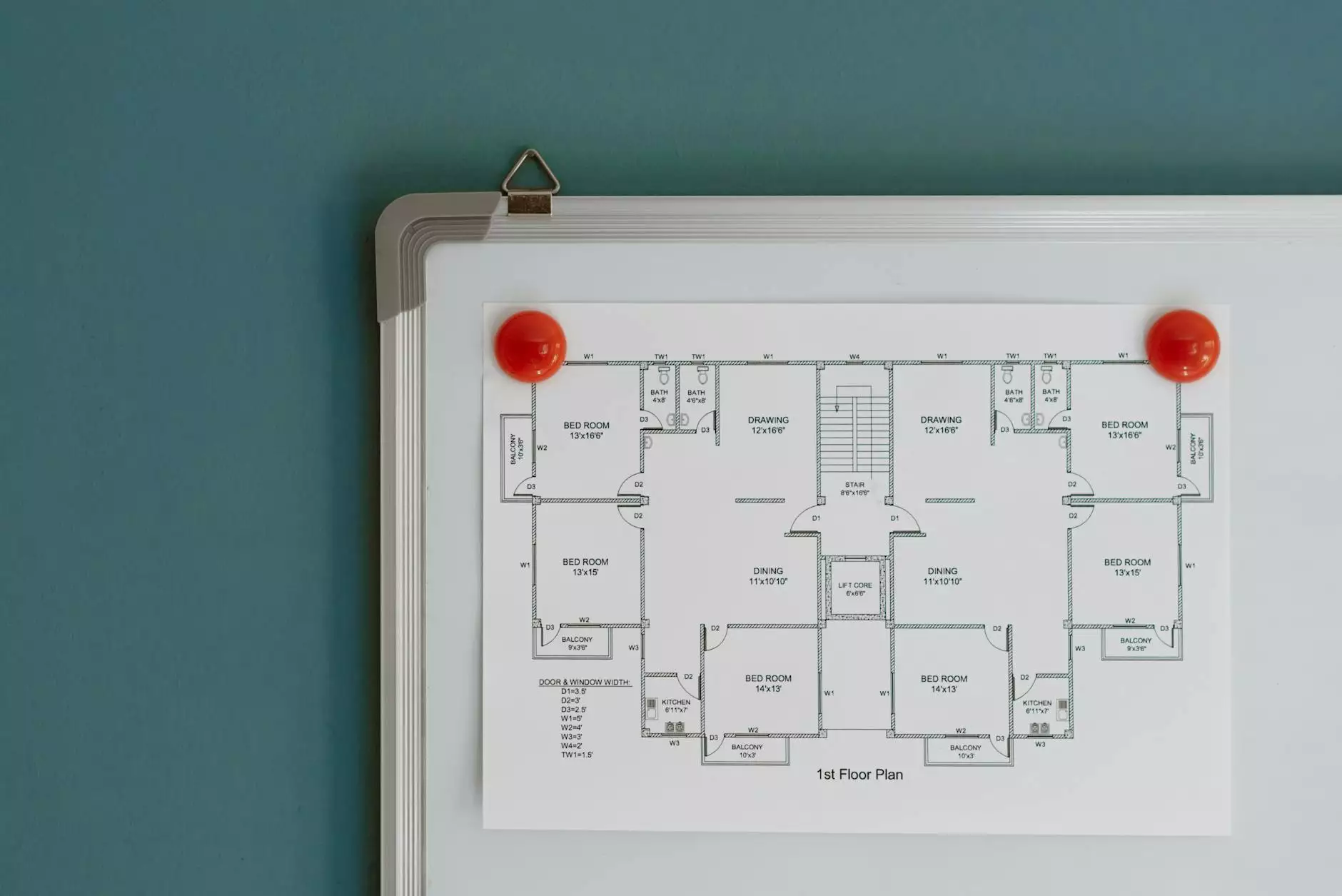How Long Does Bad Rental History Stay on Your Record?
Travel Guide
Bad rental history can have long-lasting effects on your ability to secure housing in the future. Landlords and property management companies commonly check rental histories as part of the tenant screening process, and a negative rental history can make it challenging to find a new place to live.
Understanding Bad Rental History
Bad rental history is typically the result of past issues such as evictions, late rent payments, property damage, or lease violations. When you fail to meet the terms of your rental agreement, it can be reported to credit bureaus and rental history databases, where it may remain on your record for an extended period.
How Long Does Bad Rental History Last?
The duration for which bad rental history stays on your record can vary depending on several factors, including the severity of the issues, local laws, and individual landlord practices. Eviction records, in particular, can have a significant impact on your rental history.
How Long Do Evictions Stay on Rental History?
In general, evictions can stay on your rental history for seven years or more, depending on the jurisdiction. They show up in background checks and can affect your ability to rent a new property. It's crucial to address eviction records proactively to minimize their impact on your housing options.
How to Dispute and Remove Bad Rental History
If you believe there are inaccuracies in your rental history or if you have successfully resolved past issues, you can take steps to dispute and remove negative rental history from your record. Here are some strategies to consider:
- Obtain a copy of your rental history report from reputable agencies.
- Review the information for any errors or outdated entries.
- Contact the reporting agency to file a dispute and provide supporting documentation.
- Work with previous landlords to resolve any outstanding issues and request positive feedback.
- Seek legal counsel if you encounter difficulties in correcting inaccuracies.
Seeking Professional Help
Consulting with a housing counselor or attorney experienced in tenant rights can also provide you with valuable guidance on how to navigate the complexities of rental history disputes. These professionals can help you understand your rights and assist you in taking the necessary steps to improve your rental history.
Conclusion
Improving your rental history is essential for securing housing and maintaining a positive tenancy record. By addressing past issues, knowing your rights, and proactively managing your rental history, you can increase your chances of finding suitable housing options in the future.
Remember that educating yourself on the implications of bad rental history and taking decisive action to address any negative entries are critical steps in rebuilding your rental history and regaining the trust of future landlords.









